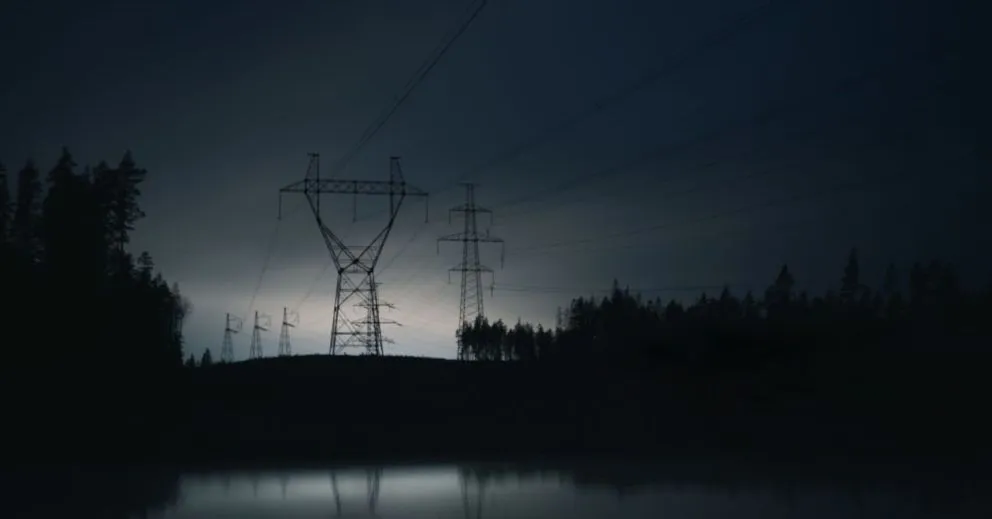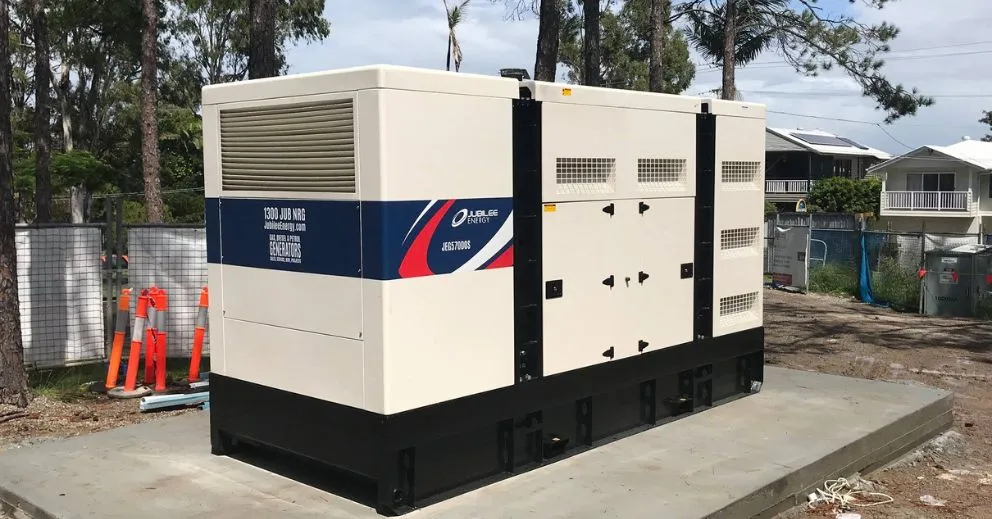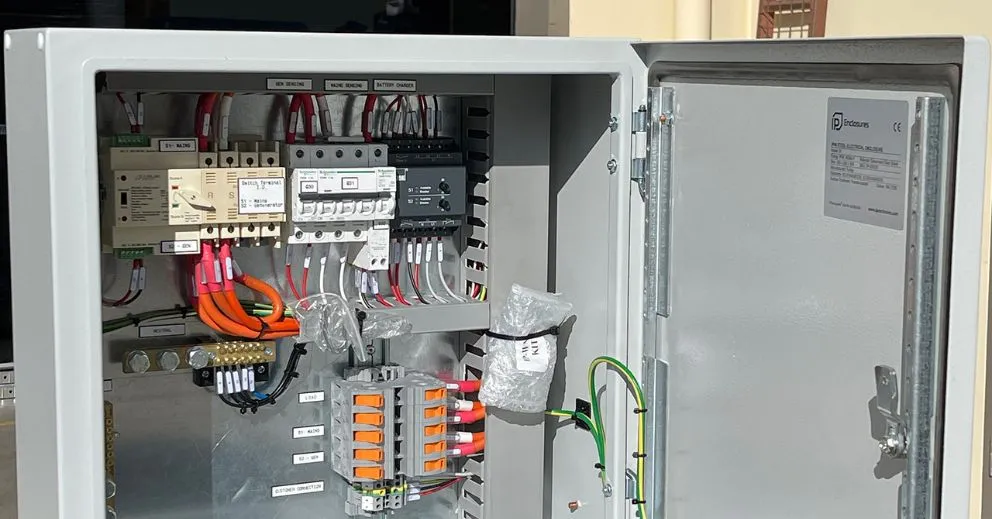With extreme weather events, infrastructure issues, and unexpected outages becoming more common, blackouts are no longer rare in many parts of Australia. Whether it’s a storm, heatwave, or local grid failure, losing power can be more than just inconvenient, it can disrupt your work, spoil your food, and even pose safety risks. That’s where a reliable generator comes in.
In this blog, we’ll help you understand what causes blackouts in Australia, how they impact homes and businesses, and how to choose the right generator to keep you powered up when it matters most.
Summary: Power blackouts in Australia are becoming more frequent due to increasing pressure on the electricity grid, climate-related events, and planned maintenance. Having a backup power solution like a generator is no longer a luxury, it’s a smart move. Whether you’re a homeowner wanting to keep the lights on or a business protecting your operations, choosing the right generator means assessing your power needs, location, and usage. Let’s look at how to stay ahead of blackouts with the right plan and equipment.
Why Do Blackouts Happen in Australia?
Power outages in Australia can happen for several reasons, including:
- Extreme weather: Heatwaves, cyclones, and storms can damage infrastructure.
- Grid overload: High demand during peak times strains supply.
- Bushfires: Fire danger often leads to pre-emptive shut-offs for safety.
- Maintenance: Scheduled upgrades or emergency repairs can temporarily cut power.
- Ageing infrastructure: Some parts of the power grid are outdated and prone to failure.
Knowing your local risks helps you prepare and choose the right backup system.
How Blackouts Impact Homes and Businesses
The impact of a power outage depends on how reliant you are on electricity but even short blackouts can cause problems:
For homes:
- Food spoilage in fridges and freezers
- No air conditioning or heating
- Inability to charge phones or access the internet
- Risks for households with medical equipment
For businesses:
- Lost revenue from interrupted operations
- Data loss or equipment failure
- Safety risks for staff and customers
- Reputational damage
A generator can protect you from all these risks.
Choosing the Right Generator for Blackouts
When selecting a generator to protect against blackouts in Australia, consider:
1. Power Output
- Start by listing essential appliances or equipment.
- Calculate total wattage (consider starting wattage for large items).
- Choose a generator with enough capacity to run everything you need at once.
2. Type of Generator
- Portable Generators: Affordable, easy to move, great for small homes or temporary use.
- Standby Generators: Installed permanently and start automatically during an outage, ideal for larger homes or businesses.
- Inverter Generators: Quieter and better for sensitive electronics like laptops and medical devices.
3. Fuel Type
- Petrol: Common, easy to find, suitable for short-term or portable use.
- Diesel: More fuel-efficient and longer-lasting, often used in commercial settings.
- Gas (LPG or Natural Gas): Clean-burning and can be connected to home supply lines for longer-term use.
4. Runtime and Fuel Storage
- Consider how long the generator can run on a full tank.
- For frequent or extended outages, look for longer runtimes and efficient fuel usage.
5. Noise Level
- Lower decibel ratings are better for residential areas.
- Inverter models are usually the quietest.
Generator Safety Tips During Blackouts
When using a generator during blackouts, safety should always come first. Never run a generator indoors or in enclosed areas, as carbon monoxide from exhaust fumes can be deadly.
If operating outdoors, make sure the generator is kept dry and protected with a weatherproof cover to prevent electrical hazards. Store fuel in a safe, well-ventilated area away from open flames, and always follow the manufacturer’s safety guidelines. Regular servicing is also important to ensure your generator remains reliable and ready to perform when the next blackout strikes.
Blackout-Ready? Here's What To Do Next
- Assess your risk: Does your area experience frequent outages?
- Identify your essentials: What appliances or systems must stay on?
- Choose the right generator: Portable or permanent, petrol or diesel?
- Talk to a generator expert to install and maintain your unit properly.
Stay Prepared with Jubilee Energy
Don’t wait for the next blackout to catch you off guard. Whether you need a small home backup or a large-scale commercial solution, the team at Jubilee Energy can help you choose the right generator to keep things running smoothly.
Get in touch today for expert advice and reliable power solutions tailored to your needs.
Key Takeaways
- Blackouts in Australia are increasing due to weather, maintenance, and infrastructure challenges.
- A reliable generator can protect your home or business from costly interruptions.
- Choosing the right generator involves understanding your power needs, location, and safety requirements.
- Fuel type, runtime, noise levels, and installation also matter.
- Professional advice ensures you're blackout-ready when it matters most.
FAQ:
What size generator do I need for a blackout?
It depends on how many appliances you need to power. A small home may only need 2,000–5,000 watts, while a business might need 10,000 watts or more.
How long can a generator run during a blackout?
That depends on the fuel tank size and efficiency. Some can run 8–12 hours continuously; others can last up to 24 hours or more with larger fuel capacity.
Is it safe to use a generator during a storm?
Yes, but only if used correctly, place it outdoors, under cover, and ensure proper ventilation to avoid carbon monoxide buildup.
Should I buy or rent a generator for blackouts?
If blackouts are frequent in your area, buying is often the more cost-effective long-term option. Renting can be ideal for one-off emergencies or short-term needs.
More insights from us
Discover the latest in power generation technology.





